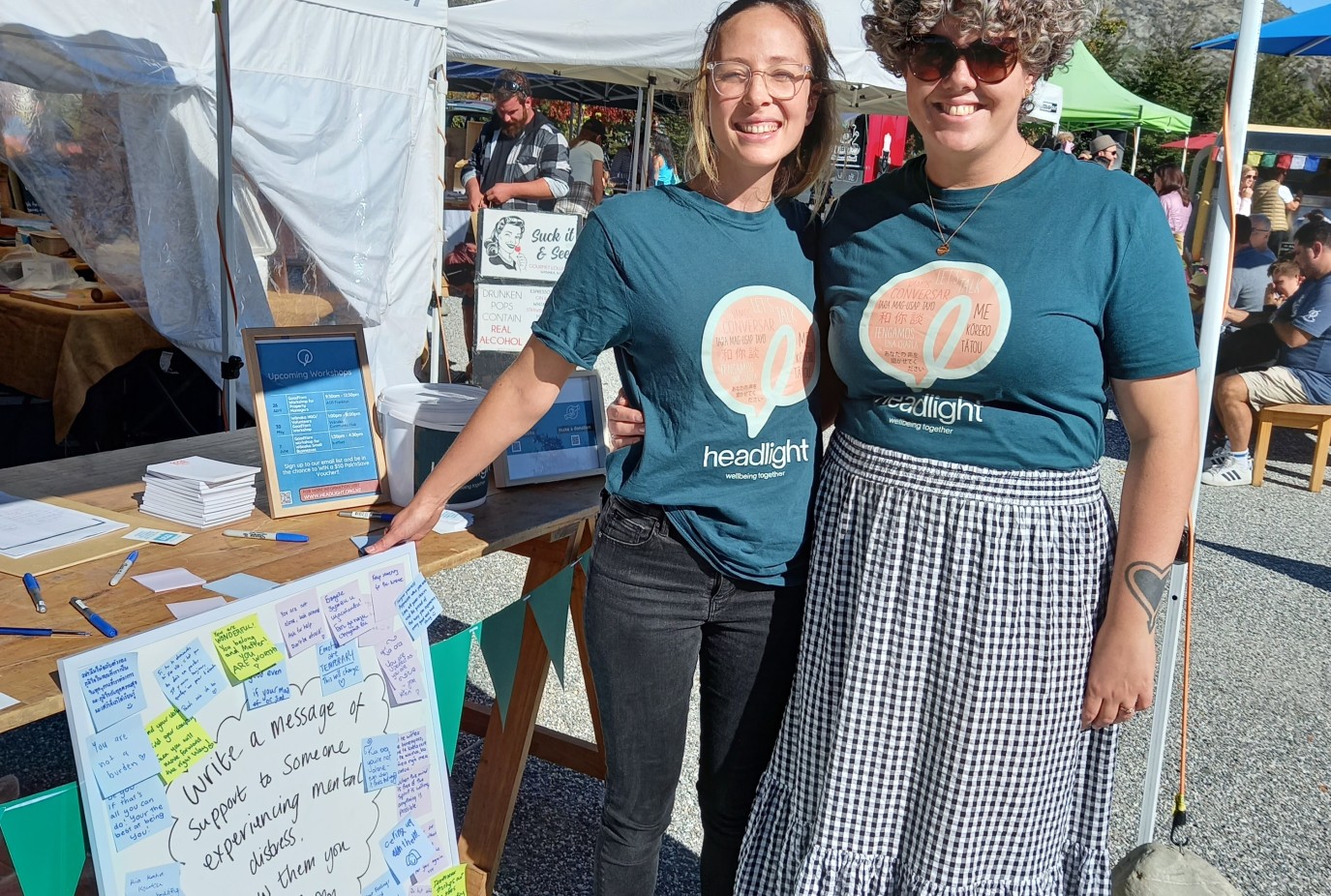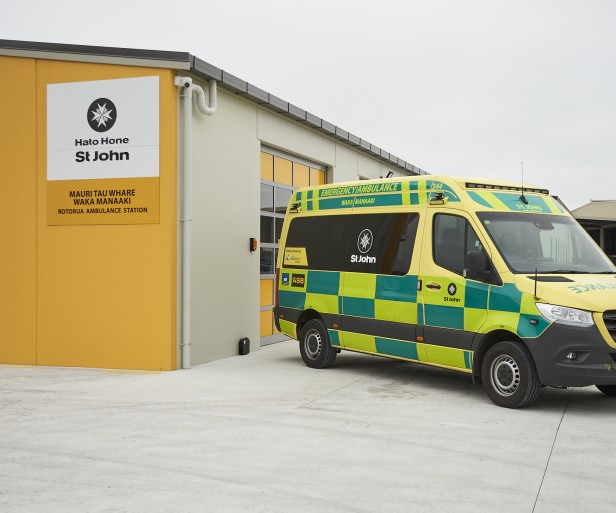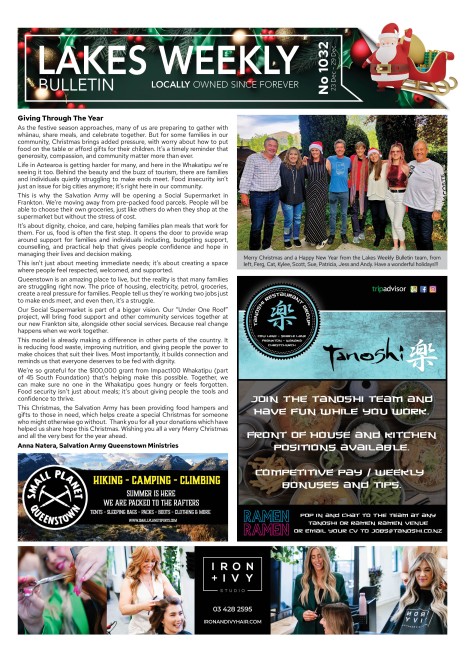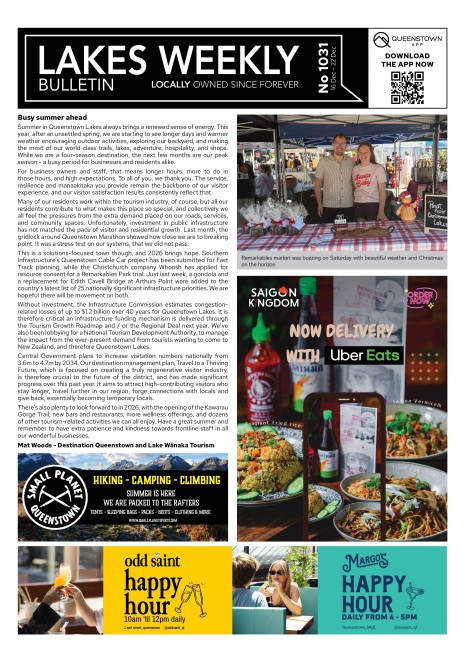Challenging the self-stigma and discrimination of mental health, one post-it at a time

By Mary Mansell, Headlight
If you were at the Remarkables Market on the 15th of April, you might have seen me and a bunch of people walking around in our green Headlight T-shirts holding post-it notes. We were there talking with our community and asking them to ‘write a message of support to someone experiencing mental distress’. Maybe you saw us, maybe you wrote a message or maybe you wondered ‘what’s that all about?’
In 2018 I was the one experiencing mental distress. It took me 11 months after having my first baby to go to the doctors and say I wasn’t feeling ok. I knew that I was finding becoming a mum hard, but of course I was, having a baby is hard right?! With all the sleep deprivation, lack of ownership in how I spend my time, reduced connection with friends and my hobbies, no wonder I was feeling frantic. Despite everything feeling utterly rubbish, everything was happening the way it was meant to be, wasn’t it?
I still think back to those days and wonder what stopped me from reaching out for support sooner or speaking truthfully when asked how I was feeling. The quiet, nudging thoughts that maybe something wasn’t quite right, were trampled over by feelings of fear that I’m just not strong enough. And the desperation of trying to resist what felt like an added complication, on top of the already complicated life I was living as a new parent. So, I carried on in the hope that I just needed to keep going.
To be honest, even now to say it was discrimination and self-stigma that stopped me from speaking up, still doesn’t seem right. How can something so invisible and intangible have such a control over my thoughts, beliefs, and actions? But looking back, I can see how it did and how things got worse over time as I tried to keep postnatal anxiety and depression to myself.
Fast forward 4 years. The arrival of another little baby, many walks with friends, finding time for myself, starting a business, weekly yoga, an ADHD diagnosis, some counselling, and life couldn’t be better. I spend my days working with the team at Headlight and together, we are on the journey of helping our community talk about mental health.
Exactly two years ago we delivered our first mental health literacy workshop, here in the Queenstown Plunket rooms with one aim, to give our community the tools to talk about it when they are worried about someone. And what a time we’ve had, bringing this education to migrants, small businesses and close to my heart, new parents. In two years we have delivered 50 workshops to over 400 participants and the ripple effect extends far beyond these numbers.
There is a lot here to feel good about and yet discrimination and self-stigma are still a barrier to asking for help. So, we headed into Queenstown with our facilitators and volunteers, to give our community the time and space to talk about mental health, and share messages of support for those experiencing mental distress. We have one goal; to reduce discrimination and self-stigma.
With post-it notes and sharpies ready, we captured what our community had to say to each other and honestly, it blew us away! By the end, our whiteboard was covered, top to toe in colourful, handwritten messages of kindness, support and acceptance. With different languages, drawings and handwriting this whiteboard was a visual representation of the diverse community that Queenstown is, but it had one common thread, that of care for each other, and of support being there when you might be feeling alone.
The invitation to share a message of support brought about a variety of expressions from our community, some messages only a few words: ‘you are no burden,’ others saying ‘be easy on yourself, it helps’, ‘it’s ok to not be ok, love is always there’ and ‘emotions are temporary, this will change’. Whilst each message was different, there were sentences that we saw over and over, you are loved, you are worthy, you are enough.
We now hope to take these words with us into a new art project that will help connect our community more and more. In the meantime, there is a lot of work to be done to tackle discrimination and self-stigma, from government level, to organisations, local councils and communities. Having said that, we know that the more mental health is heard about and talked about in our community, the more possible it will feel for someone to be able to talk about it, to either help themselves or someone they care about.
So don’t underestimate the big impact a small message could make, as someone I spoke with at the Remarkables Market said ‘you just never know, these words may change the world for someone’.
Headlight’s community engagement projects have been kindly supported by funding from Te Hau Toka Southern Lakes Wellbeing Group. To read more messages and find out about Headlight, head to www.headlight.org.nz








